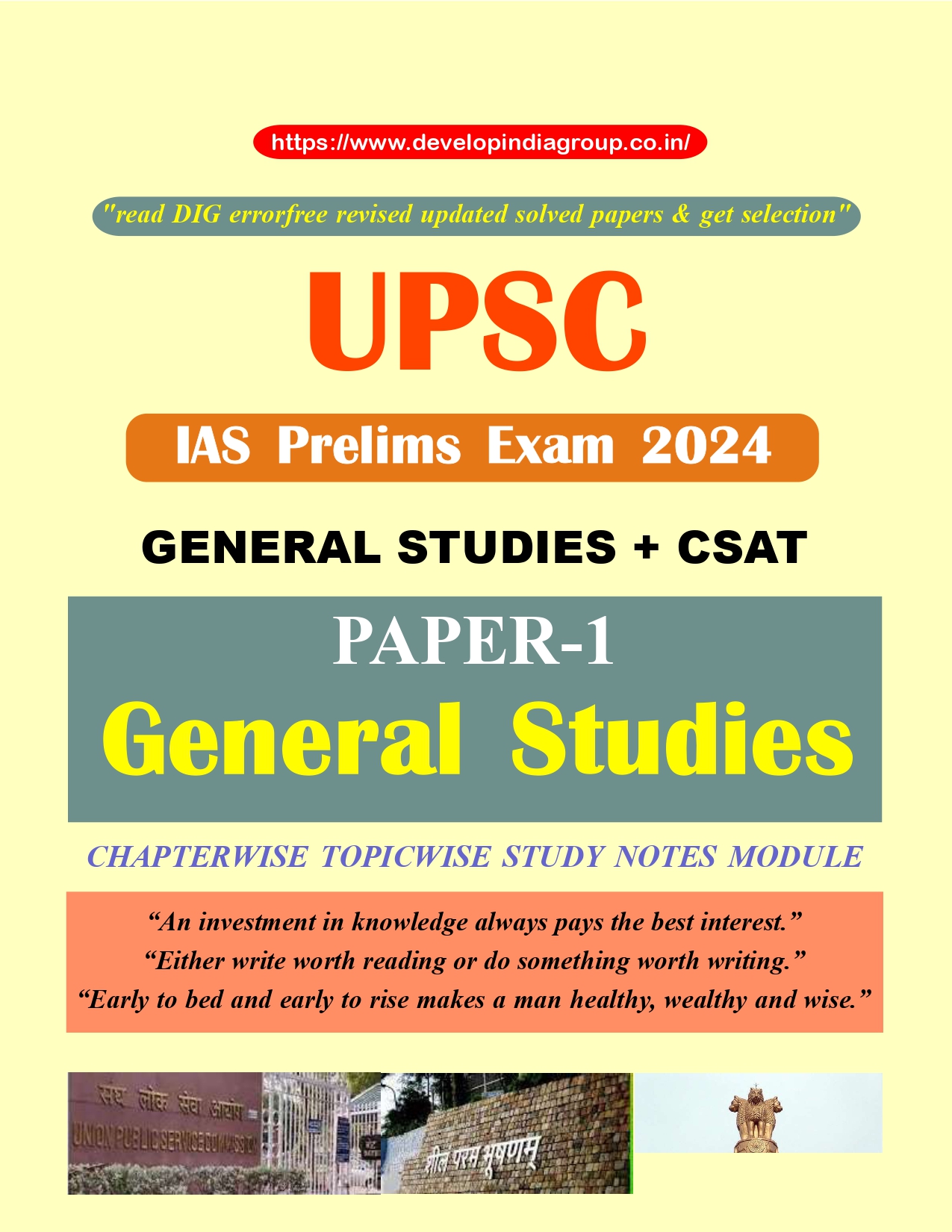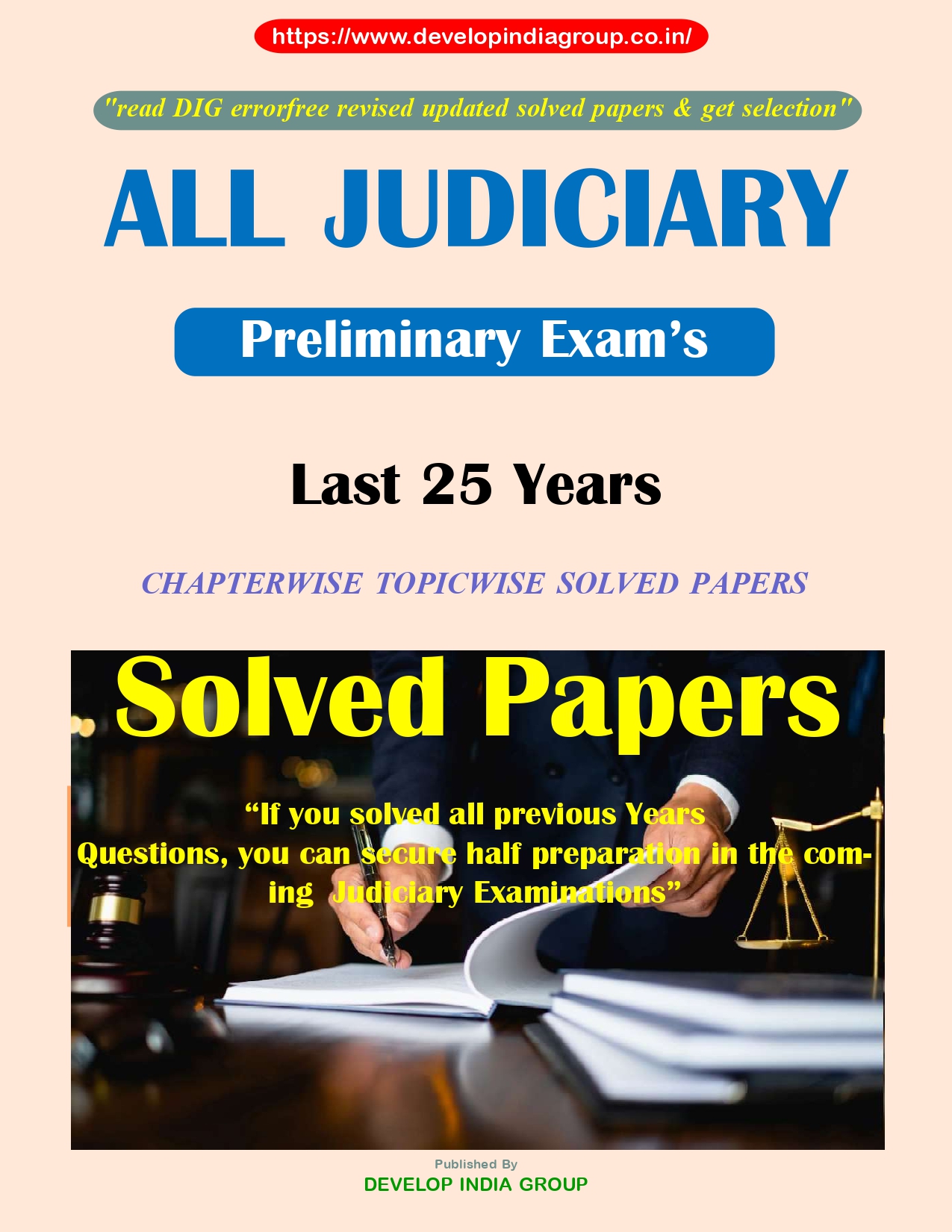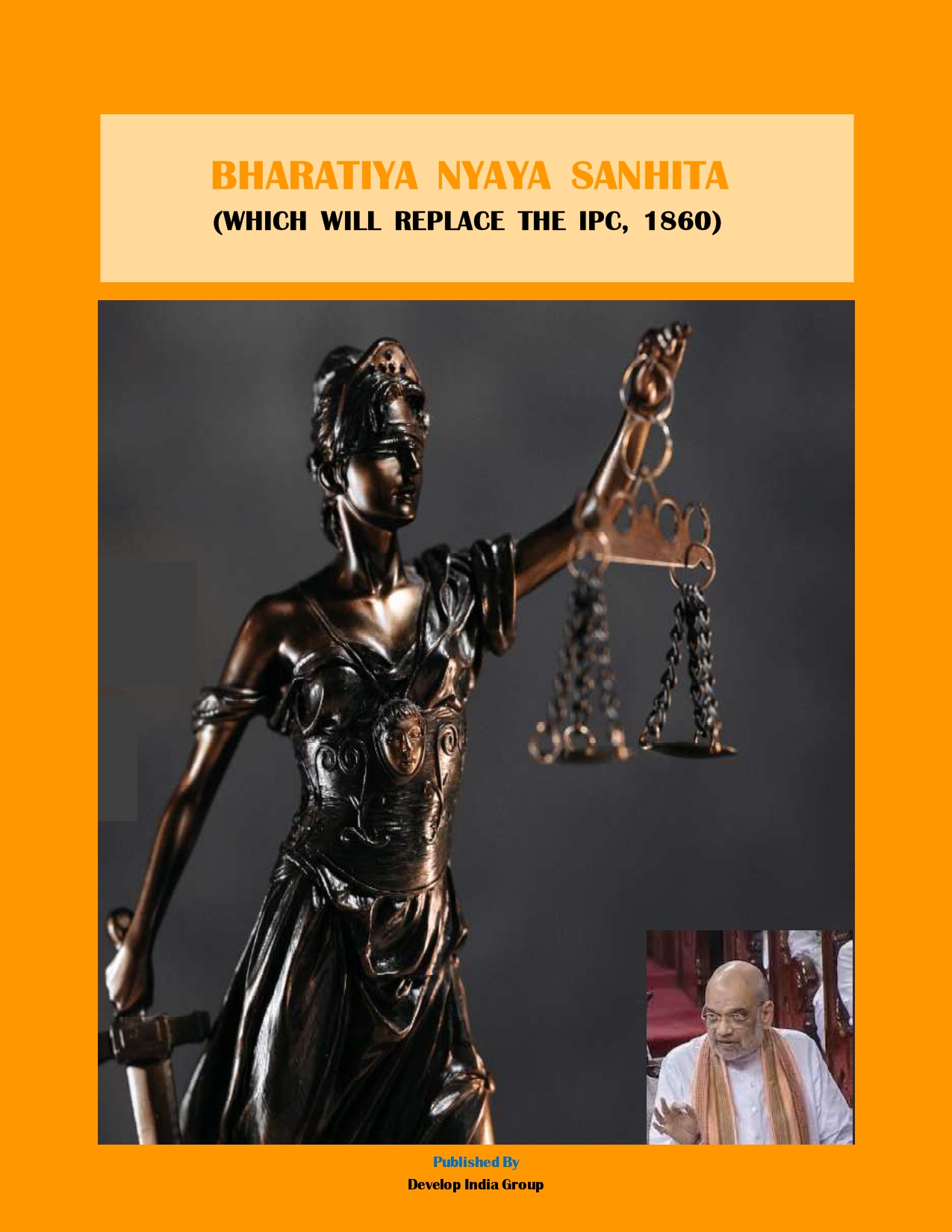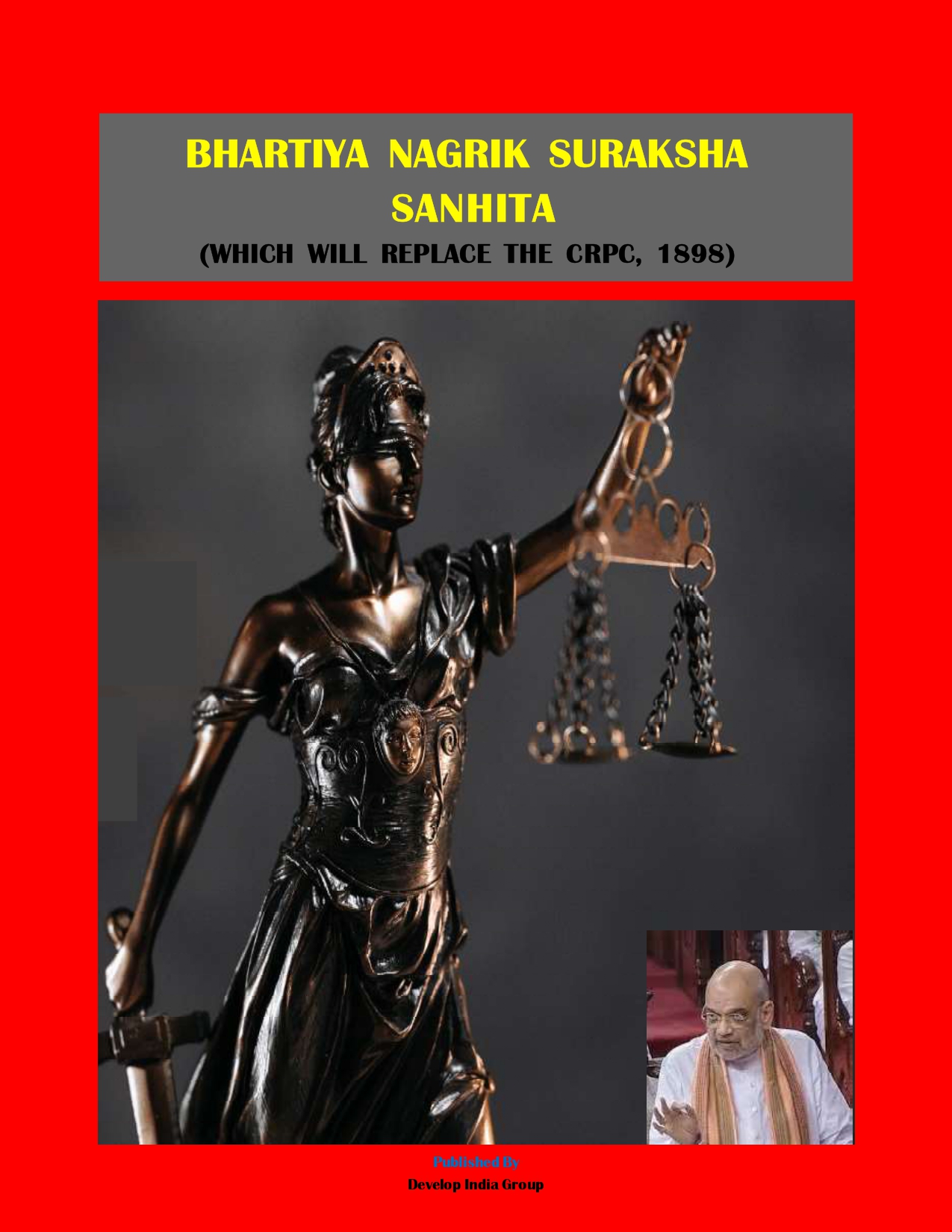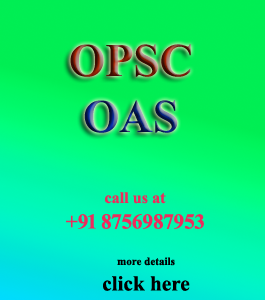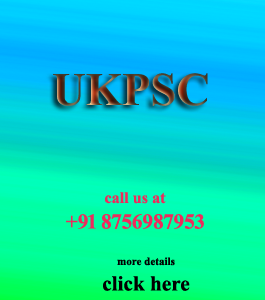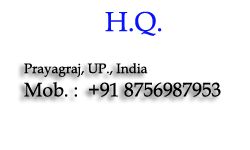

| State Level Govt. Exams |
|---|
| Crash Courses |
|---|
| Chapterwise Study Material & Notes |
|---|
| Books / eBooks |
|---|
| Mock Tests Series |
|---|
| Free Video Leaning Programe (VLP) |
|---|
BUY Online Study Materials/Notes |
|---|
| Practice Sets |
|---|
| Je & Ae Exams |
|---|
| Coaching for Schools Students (K-12) |
|---|
| NCERT Solutions |
|---|
| Quick Links |
|---|
The Indian Institute of Science (IISc) has begun the registration process for GATE 2024 on August 31, 2023. Candidates can fill out the registration form on the official website. The last date to complete applications without late fees is September 29, 2023.
Applicants will be able to make modifications to their GATE application form 2024 between November 7 to November 11, 2023.
The GATE admit card 2024 will be released on January 3, 2024.
This year, GATE 2024 Exam will be held on February 3, 4, 10 and 11, 2024. The exam will be held in two shifts on each day — 9:30 am to 12:30 pm and 2:30 pm to 5:30 pm.
Know Key Changes in GATE 2024
-
Withdrawal of international centres: This time, GATE 2024 will not be held in any of the international centres. Indians living abroad are required to appear for the PG engineering entrance exam within India. The official notice states, “GATE 2024 will be conducted only in centres within India. Foreign nationals and Indian citizens residing abroad may appear for GATE 2024 but they must choose examination cities within India. They must make their own arrangements for travel and accommodation to appear for the exam at an assigned centre within India.”
-
Introduction of a new paper: This year, Data Science and Artificial Intelligencehave been added to GATE 2024 entrance exam. The syllabus of this paper includes Probability and Statistics, Linear Algebra, Calculus and Optimisation, Programming, Data Structures and Algorithms, Database Management and Warehousing, Machine Learning, and Artificial Intelligence.
-
GATE Application Fees: This year, IISc has increased the application fee for the exam. The application fee for GATE 2024 is increased for all the category candidates. In comparison to the previous year, the fee for female candidates has been increased by Rs 100, and for SC/STPwD by Rs 100.
About GATE Exam
The Graduate Aptitude Test in Engineering (GATE) is a national-level exam conducted jointly by the Indian Institute of Science (IISc) Bangalore and seven Indian Institutes of Technology (IITs).
The Graduate Aptitude Test in Engineering is an entrance examination conducted in India that primarily tests the comprehensive understanding of undergraduate subjects in engineering and sciences for admission into technical postgraduate programs.
The GATE exam is conducted once a year, usually in February, and consists of a single paper of 3-hour duration. The exam consists of 65 questions, which are a mix of multiple-choice questions (MCQs), numerical answer type questions (NATs), and multiple-select questions (MSQs).
The GATE exam tests the candidate's understanding of various subjects such as Mathematics, Physics, Chemistry, and various branches of engineering. The syllabus and exam pattern vary depending on the subject chosen by the candidate.
To prepare for the GATE exam, candidates should start early, understand the exam pattern and syllabus, and practice with previous year's question papers and mock tests. They can also refer to textbooks and study materials recommended by experts in their respective fields.
Clearing the GATE exam is a gateway to postgraduate studies in various government and private engineering and science institutions in India. GATE scores are also used for recruitment purposes by several public sector undertakings (PSUs) in India.
 |
Complete Study Notes available : Each subject Study notes @ 2000/- |
Title: Problem Set for GATE for Data Science and AI
Edition 2024 Key Feature: 1. Huge collection of question for Practice 2. Each chapter divided into topics and sub topics Each subtopic contains MCQ and Numerical Type questions 100 percent detailed solutions 100 percent questions from this book No. Page 600 Price 2000 |
 |
| GATE Exams Previous Year Question Papers and Answer Key |
Indian Institute of Science (IISc) Bangalore is going to conduct the test on The February 3, 4, 10, and 11, 2023. Admit cards will be issued on January 3.
GATE 2024 Eligibility
- Passed / Appearing B.E / B.Tech / B.Pharm / B.Arch / B.Sc. Research / B.S. M.Sc. / MA / MCA / M.E. / M.Tech / Dual Degree / Integrated Courses
- For Complete Details See Brochure
Application Fee
- General / OBC / EWS : 1800/-
- SC / ST / PH : 900/-
- All Category Female : 900/-
- Phase II with Late Fees:
- General / OBC / EWS : 2300/-
- SC / ST / PH : 1400/-
- All Category Female : 1400/-
How to apply for GATE 2024
- Go to gate2024.iisc.ac.in.
- Open the application link for GATE 2024.
- Go to the registration page.
- Fill in the details and submit. Your login credentials will be generated.
- Now login and fill the form.
- Upload documents, make payment.
- Submit your form.
- For future uses, save a copy of the confirmation page.
Candidates with an undergraduate degree in Engineering, Technology, Science, Architecture or Humanities and who are third year of the UG degree in these disciplines can apply for the exam. These degrees must be are approved by MoE/AICTE/UGC/ UPSC as equivalent to BE/ BTech/ BArch/ BPlanning, etc.
For those studying/studied outside India must be in the third year of the UG degree programme in Engineering/ Technology/ Science/ Architecture/ Humanities or have a degree of at least three year's duration.
To apply for GATE, candidates belonging to SC, ST, PwD or Female categories have to pay ₹900 during the regular and ₹1,400 during the extended period.
IIT GATE 2023 Exam Cities Details
- IIT Kanpur : UP - Aligarh, Prayagraj (Allahabad), Bareilly, Gorakhpur, Jhansi , Kanpur, Lucknow, Varanasi, MP - Bhopal, Gwalior, Jabalpur, Sagar, Satna.
- IIT Roorkee : Haryana - Ambala & Kurukshetra, Himachal Pradesh - Bilaspur, Hamirpur, Kangra, Mandi, Shimla-Solan, Punjab - Amritsar, Bathinda, Jalandhar, Ludhiana, Mohali-Chandigarh, Patiala, Pathankot , Uttar Pradesh - Ghaziabad, Meerut, Moradabad, Muzaffarnagar, NOIDA, Saharanpur , Uttarakhand - Dehradun, Haldwani, Roorkee.
- IIT Delhi : Haryana Faridabad, Gurugram, Hisar, Jammu and Kashmir Jammu-Samba, Srinagar, Ladakh: Leh, Madhya Pradesh Indore, Ujjain , New Delhi - New Delhi , Rajasthan - Ajmer, Alwar, Bikaner, Jaipur, Jodhpur, Kota, Sikar, Udaipur , Uttar Pradesh - Greater NOIDA, Mathura.
- For Other IIT Exam Cities Details Click Here
GATE Exam Pattern
The detailed GATE exam pattern is given below :
-
Course: GATE is conducted for M.Tech./Ph.D. programme in IITs , IISc and various other institutions.
-
Number of Papers: GATE 2018 is held for total 23 papers (Now are 25 subjects). Candidates are allowed to appear in only one of the 23 papers.
-
Mode of Examination: The examination mode will be online only (CBT).
-
Exam Duration: The examination duration will be 3 hours.
-
Number of Questions: Total 65 questions of maximum 100 marks will be asked in GATE 2018.
-
Type of Questions: Multiple Choice Questions (MCQ) & Numerical Answer Type Questions (NAT) will appear in GATE examination. For MCQ, 4 choices will be provided while there will be no options provided for NAT. Students are required to enter the real number in Numerical Answer Type Questions with the help of virtual keypad.
-
Section Common in All GATE Papers: General Aptitude (GA) section is common in all papers. It will contain total 150 questions of maximum 15 marks (5 questions of 1 mark and 5 questions of 2 marks).
-
New Section: In the paper of XE, new section (H) namely Atmospheric and Oceanic Sciences has been included from the year 2017.
-
Marking Scheme: MCQ and NAT questions will carry 1 or 2 marks in all papers.
-
Negative Marking: There will be a negative marking of 1/3 marks for the questions carrying 1 mark. Likewise, for questions carrying 2 marks, 2/3 marks will be deducted. No negative marking for Numerical Answer Type questions.
Exam Pattern For All Papers Except GG, XE, XL
- 25 questions of 1 mark each.
- 30 questions of 2 marks each.
- 10 questions from GA.
Exam Pattern For Paper GG
- Part A – 25 questions of 1 mark each. This part is common for all candidates.
- Part B – 30 questions of 2 marks each. This part has two sections, section-1 is of Geology and section-2 is of Geophysics.
- 10 questions from GA.
Exam Pattern For Paper XE
- Section A – Engineering Mathematics (Compulsory Section) – Total 11 questions will be asked. 7 questions of 1 mark each and 4 questions of 2 marks each. It is common to all candidates.
- Any two of XE sections from B to H – 22 questions. 9 questions carrying 1 mark and 13 questions carrying 2 marks.
- 10 questions from GA.
Exam Pattern For Paper XL
- Section P – Chemistry (compulsory section) – It contains total 15 questions (5 questions of 1 marks and 10 questions of 2 marks).
- Any two of XL sections Q to U – Total 20 questions (10 questions of 1 mark each and 10 questions of 2 marks).
- 10 questions from GA.
GATE 2024 TWO-PAPER COMBINATIONS
The following table gives the codes of test papers allowed as the second paper for the candidate’s choice of the first paper. The combinations are subject to availability of infrastructure and scheduling constraints.
| Code of the First Paper | Codes of the Second Paper | Code of the First Paper | Codes of the Second Paper |
|---|---|---|---|
AE |
CE
,
ME
,
XE |
GE |
AR
,
CE
,
CS
,
ES
,
GG |
AG |
CE |
GG |
GE |
AR |
CE
,
GE |
IN |
BM
,
EC
,
EE
,
ME |
BM |
BT
,
IN |
MA |
CS
,
DA
,
PH
,
ST |
BT |
BM
,
XL |
ME |
AE
,
DA
,
IN
,
NM
,
PI
,
XE |
CE |
AE
,
AG
,
AR
,
ES
,
GE
,
NM
,
XE |
MT |
XE |
CH |
ES
,
PE
,
XE |
NM |
CE
,
ME |
CS |
DA
,
EC
,
GE
,
MA
,
PH
,
ST |
PE |
CH |
CY |
XE
,
XL |
PH |
CS
,
DA
,
EC
,
EE
,
MA
,
XE |
DA |
CS
,
EC
,
EE
,
MA
,
ME
,
PH
,
ST
,
XE |
PI |
ME
,
XE |
EC |
CS
,
DA
,
EE
,
IN
,
PH |
ST |
CS
,
DA
,
MA
,
XH |
EE |
DA
,
EC
,
IN
,
PH |
XE |
AE
,
CE
,
CH
,
CY
,
DA
,
ME
,
MT
,
PH
,
PI |
ES |
CE
,
CH
,
GE |
XH |
ST |
EY |
XL |
XL |
BT
,
CY
,
EY |
Note:
- The test papers will be in English. Candidates opting to appear in TWO test papers must have a primary choice of test paper. The second test paper must be chosen from the allowed combinations given in the table above. Combinations other than the listed ones are NOT allowed in the initial (Regular and Extended) windows of registration. We may open up additional two-paper combinations at a later date, which will be notified on the GATE 2024 website. This is subject to the availability of infrastructure and scheduling feasibility.
- The examination centre of a candidate for the second test paper may be different (but in the same city) from that for the first paper due to infrastructure and scheduling constraints. GATE 2024 shall NOT be liable for any legal obligations arising out of this issue.
- Under unforeseen circumstances, certain combinations may be removed from the list in the above table at a later date. In such cases, the fee paid towards the second test paper will be refunded to the candidates.
GATE Syllabus
IISc adds new paper on Data Science and AI
Here we are giving complete detailed information about GATE syllabus. Candidates can read from the given GATE syllabi & secure high marks in the examination.
Syllabus of General Aptitude (GA)
The General Aptitude Test syllabus is common for all paper. The topics are given here :
-
Verbal Ability: English grammar, sentence completion, verbal analogies, word groups, instructions, critical reasoning and verbal deduction.
-
Numerical Ability: Numerical computation, numerical estimation, numerical reasoning and data interpretation.
GATE New Test Paper on (DA) Data Science and Artificial Intelligence Syllabus
Complete Study Notes available for DA @ 2500/-
Probability and Statistics: Counting (permutation and combinations), probability axioms, Sample space, events, independent events, mutually exclusive events, marginal, conditional and joint probability, Bayes Theorem, conditional expectation and variance, mean, median, mode and standard deviation, correlation, and covariance, random variables, discrete random variables and probability mass functions, uniform, Bernoulli, binomial distribution, Continuous random variables and probability distribution function, uniform, exponential, Poisson, normal, standard normal, t-distribution, chi-squared distributions, cumulative distribution function, Conditional PDF, Central limit theorem, confidence interval, z-test, t-test, chi-squared test.
Linear Algebra: Vector space, subspaces, linear dependence and independence of vectors, matrices, projection matrix, orthogonal matrix, idempotent matrix, partition matrix and their properties, quadratic forms, systems of linear equations and solutions; Gaussian elimination, eigenvalues and eigenvectors, determinant, rank, nullity, projections, LU decomposition, singular value decomposition.
Calculus and Optimization: Functions of a single variable, limit, continuity and differentiability, Taylor series, maxima and minima, optimization involving a single variable.
Programming, Data Structures and Algorithms: Programming in Python, basic data structures: stacks, queues, linked lists, trees, hash tables; Search algorithms: linear search and binary search, basic sorting algorithms: selection sort, bubble sort and insertion sort; divide and conquer: mergesort, quicksort; introduction to graph theory; basic graph algorithms: traversals and shortest path.
Database Management and Warehousing: ER-model, relational model: relational algebra, tuple calculus, SQL, integrity constraints, normal form, file organization, indexing, data types, data transformation such as normalization, discretization, sampling, compression; data warehouse modelling: schema for multidimensional data models, concept hierarchies, measures: categorization and computations.
Machine Learning: (i) Supervised Learning: regression and classification problems, simple linear regression, multiple linear regression, ridge regression, logistic regression, k-nearest neighbour, naive Bayes classifier, linear discriminant analysis, support vector machine, decision trees, bias-variance trade-off, cross-validation methods such as leave-one-out (LOO) cross-validation, k-folds crossvalidation, multi-layer perceptron, feed-forward neural network;
(ii) Unsupervised Learning: clustering algorithms, k-means/k-medoid, hierarchical clustering, top-down, boƩom-up: single-linkage, multiplelinkage, dimensionality reduction, principal component analysis.
AI: Search: informed, uninformed, adversarial; logic, propositional, predicate; reasoning under uncertainty topics - conditional independence representation, exact inference through variable elimination, and approximate inference through sampling.
Syllabus of Aerospace Engineering (AE)
The AE topics divided into two categories: core topics & special topics. 90% questions will be asked from the core topics & 10% remaining questions will come from special topics.
Section 1 (Engineering Mathematics):
Core Topics: Linear Algebra, Calculus and Differential Equations.
Special Topics: fourier series, Laplace Transforms, Numerical methods for linear and nonlinear algebraic equations, Numerical integration and differentiation.
Section 2 (Flight Mechanics):
-
Core Topics: Basics, Airplane performance & Static stability.
-
Special Topics: Dynamic stability: Euler angles, Equations of motion, aerodynamic forces and moments, stability & control derivatives, decoupling of longitudinal and lateral-directional dynamics, longitudinal modes, lateral-directional modes.
Section 3 (Space Dynamics):
-
Core Topics: Central force motion, determination of trajectory and orbital period in simple cases.
-
Special Topics: Orbit transfer, in-plane and out-of-plane.
Section 4 (Aerodynamics):
-
Core Topics: Basic Fluid Mechanics, Airfoils and wings & Compressible Flows.
-
Special Topics: Elementary ideas of viscous flows including boundary layers, Wind Tunnel Testing: Measurement and visualization techniques.
Section 5 (Structures):
-
Core Topics: Strength of Materials, Flight vehicle structures & Structural Dynamics.
-
Special Topics: Vibration of beams, Theory of elasticity: Equilibrium and compatibility equations, Airy’s stress function.
Section 6 (Propulsion):
Core Topics: Basics, Thermodynamics of aircraft engines, Axial compressors, Axial turbines, Centrifugal compressor & Rocket propulsion.
Special Topics: No Special Topics.
Syllabus of Agricultural Engineering (AG)
Section 1 (Engineering Mathematics): Linear Algebra, Calculus, Vector Calculus, Differential Equations, Probability and Statistics & Numerical Methods.
Section 2 (Farm Machinery): Machine Design and Farm Machinery.
Section 3 (Farm Power): Sources of Power, Farm Power, Tractors and Powertillers.
Section 4 (Soil and Water Conservation Engineering): Fluid Mechanics, Soil Mechanics, Hydrology, Surveying and Leveling, Soil and Water Erosion & Watershed Management.
Section 5 (Irrigation and Drainage Engineering): Soil-Water-Plant Relationship, Irrigation Water Conveyance and Application Methods, Agricultural Drainage, Groundwater Hydrology & Wells and Pumps.
Section 6 (Agricultural Processing Engineering) : Drying, Size Reduction and Conveying, Processing and By-product Utilization & Storage Systems.
Section 7 (Dairy and Food Engineering): Heat and Mass Transfer & Preservation of Food.
Syllabus of Architecture and Planning (AR)
Architecture and Design, Building Materials, Construction and Management, Building and Structures, Environmental Planning and Design, Urban Design, Urban Planning and Housing, Planning Techniques and Management, Services, Infrastructure and Transportation.
Syllabus of Biotechnology (BT)
Engineering Mathematics, General Biotechnology (Biochemistry, Microbiology, Cell Biology, Molecular Biology and Genetics, Analytical Techniques, Immunology, Bioinformatics), Recombinant DNA Technology, Plant and Animal Biotechnology, Bioprocess Engineering and Process Biotechnology.
Syllabus of Chemical Engineering (CH)
Engineering Mathematics, (Linear Algebra, Calculus, Differential equations, Complex variables, Probability and Statistics, Numerical Methods), Process Calculations and Thermodynamics, Fluid Mechanics and Mechanical Operations, Heat Transfer, Mass Transfer, Chemical Reaction Engineering, Instrumentation and Process Control, Plant Design and Economics & Chemical Technology.
Syllabus of Chemistry (CY)
Section 1 (Physical Chemistry): Structure, Equilibrium, Kinetics & Surfaces and Interfaces.
Section 2 (Inorganic Chemistry): Main Group Elements, Transition Elements, Lanthanides and Actinides, Organometallics, Radioactivity, Bioinorganic Chemistry, Solids & Instrumental Methods of Analysis.
Section 3 (Organic Chemistry): Stereochemistry, Reaction Mechanisms, Organic Synthesis, Pericyclic Reactions and Photochemistry, Heterocyclic Compounds, Biomolecules & Spectroscopy.
Syllabus of Civil Engineering (CE)
Section 1 (Engineering Mathematics): Linear Algebra, Calculus, Ordinary Differential Equation (ODE), Partial Differential Equation (PDE), Probability and Statistics & Numerical Methods.
Section 2 (Structural Engineering): Engineering Mechanics, Solid Mechanics, Structural Analysis, Construction Materials and Management, Concrete Structures & Steel Structures.
Section 3 (Geotechnical Engineering) : Soil Mechanics & Foundation Engineering.
Section 4 (Water Resources Engineering): Fluid Mechanics, Hydraulics, Hydrology & Irrigation.
Section 5 (Environmental Engineering): Water and Waste Water, Air Pollution, Municipal Solid Wastes & Noise Pollution.
Section 6 (Transportation Engineering): Transportation Infrastructure, Highway Pavements & Traffic Engineering.
Section 7 (Geomatics Engineering): Principles of surveying, Photogrammetry & Remote sensing.
Syllabus of Computer Science and Information Technology (CS)
GATE computer science (CSE) syllabus is mentioned below in details. The syllabus covers all important topics of the BE/B.tech curriculum.
Engineering Mathematics (Discrete Mathematics, Linear Algebra, Calculus, Probability), Digital Logic, Computer Organization and Architecture, Programming and Data Structures, Algorithms, Theory of Computation, Compiler Design, Operating System, Databases & Computer Networks.
Syllabus of Ecology and Evolution (EY)
Ecology, Evolution, Mathematics and Quantitative Ecology & Behavioural Ecology.
Syllabus of Electrical Engineering (EE)
GATE electrical engineering syllabus comprises of many core topics. All these topics are listed below.
Engineering Mathematics (Linear Algebra, Calculus, Differential equations, Complex variables, Probability and Statistics, Numerical Methods, Transform Theory), Electric Circuits, Electromagnetic Fields, Signals and Systems, Electrical Machines, Power Systems, Control Systems, Electrical and Electronic Measurements, Analog and Digital Electronics & Power Electronics.
Syllabus of Electronics and Communications (EC)
Candidates can check the GATE syllabus of electronics and Communication engineering below :
Engineering Mathematics, Networks, Signals and Systems, Electronic Devices, Analog Circuits, Digital Circuits, Control Systems, Communications & Electromagnetics.
Syllabus of Geology and Geophysics (GG)
Common Section: Earth and Planetary system, Weathering and soil formation, Introduction to remote sensing, Principles and applications of gravity.
Geology: Geomorphic processes and agents, Mechanism of rock deformation, Crystallography, Cosmic abundance of elements, Igneous rocks, Physico-chemical conditions of metamorphism, Morphology, Principles of Stratigraphy, Engineering properties of rocks and soils.
Geophysics: The earth as a planet, different motions of the earth, Scalar and vector potential fields, Absolute and relative gravity measurements, Elements of Earth’s magnetic field, Conduction of electricity through rocks, Basic concept of EM induction in the earth, Geophysical signal processing.
Syllabus of Instrumentation Engineering (IN)
Engineering Mathematics (Linear Algebra, Calculus, Differential equations, Analysis of complex variables, Probability and Statistics, Numerical Methods), Electrical Circuits, Signals and Systems, Control Systems, Analog Electronics, Digital Electronics, Measurements, Sensors and Industrial Instrumentation, Communication and Optical Instrumentation.
Syllabus of Mathematics (MA)
Linear Algebra, Complex Analysis, Real Analysis, Ordinary Differential Equations, Algebra, Functional Analysis, Numerical Analysis, Partial Differential Equations, Topology, Probability and Statistics & Linear programming.
Syllabus of Mechanical Engineering (ME)
GATE Mechanical engineering exam is given by thousands of students, you may check GATE Mechanical engineering syllabus below.
Section 1 (Engineering Mathematics): Linear Algebra, Calculus, Differential equations, Complex variables, Probability and Statistics & Numerical Methods.
Section 2 (Applied Mechanics and Design): Engineering Mechanics, Mechanics of Materials, Types of Machines, Vibrations & Machine Design.
Section 3 (Fluid Mechanics and Thermal Sciences): Fluid Mechanics, Heat-Transfer, Thermodynamics & Applications.
Section 4 (Materials, Manufacturing and Industrial Engineering): Engineering Materials, Casting, Forming and Joining Processes, Machining and Machine Tool Operations, Metrology and Inspection, Computer Integrated Manufacturing, Production Planning and Control, Inventory Control & Operations Research.
Syllabus of Metallurgical Engineering (MT)
Engineering Mathematics (Linear Algebra, Calculus, Vector Calculus, Differential equations, Probability and Statistics, Numerical Methods), Thermodynamics and Rate Processes, Extractive Metallurgy, Physical Metallurgy, Mechanical Metallurgy & Manufacturing Processes.
Syllabus of Mining Engineering (MN)
Section 1 (Engineering Mathematics): Linear Algebra, Calculus, Vector Calculus, Differential equations, Probability and Statistics & Numerical Methods.
Section 2 (Mine Development and Surveying): Mine Development & Mine Surveying.
Section 3 (Geomechanics and Ground Control): Engineering Mechanics, Geomechanics & Ground Control.
Section 4 (Mining Methods and Machinery): Mining Methods and Mining Machinery.
Section 5 (Surface Environment, Mine Ventilation, and Underground Hazards): Surface Environment, Mine Ventilation and Subsurface Hazards.
Section 6 (Mine Economics, Mine Planning, Systems Engineering): Mine Economics, Mine Planning and Systems Engineering.
Syllabus of Petroleum Engineering (PE)
Linear Algebra, Calculus, Differential equations, Complex variables, Probability and Statistics, Numerical Methods, Petroleum Exploration, Oil and Gas Well Drilling Technology, Reservoir Engineering, Petroleum Production Operations, Offshore Drilling and Production Practices, Petroleum Formation Evaluation, Oil and Gas Well Testing, Health Safety and Environment in Petroleum Industry, Enhanced Oil Recovery Techniques, Latest trends in Petroleum Engineering.
Syllabus of Physics (PH)
Mathematical Physics, Classical Mechanics, Electromagnetic Theory, Quantum Mechanics, Thermodynamics and Statistical Physics, Atomic and Molecular Physics, Solid State Physics & Electronics, Nuclear and Particle Physics
Syllabus of Production & Industrial Engineering (PI)
Section 1 (Engineering Mathematics): Linear Algebra, Calculus, Differential equations, Complex variables, Probability and Statistics & Numerical Methods.
Section 2 (General Engineering) : Engineering Materials, Applied Mechanics, Theory of Machines and Design, Thermal and Fluids Engineering.
Section 3 (Manufacturing Processes I) : Casting, Metal Forming, Joining of materials, Powder processing, Polymers and Composites.
Section 4 (Manufacturing Processes II) : Machine Tools and Machining, Non-traditional Manufacturing & Computer Integrated Manufacturing.
Section 5 (Quality and Reliability): Metrology and Inspection, Quality management, Reliability and Maintenance.
Section 6 (Industrial Engineering) : Product Design and Development, Work System Design & Facility Design.
Section 7 (Operations research and Operations Management) : Operation Research, Engineering Economy and Costing, Production control & Project management.
Syllabus of Textile Engineering and Fibre Science (TF)
Engineering Mathematics (Linear Algebra, Calculus, Vector Calculus, Differential Equations, Probability and Statistics, Numerical Methods), Textile Fibers, Yarn manufacture, Yarn structure and Properties, Fabric manufacture, Structure and Properties, Textile Testing & Chemical processing.
Syllabus of Engineering Science (XE)
Engineering Mathematics (XE-A): This section is Compulsory For all XE candidates. Linear Algebra, Calculus, Vector Calculus, Complex variables, Ordinary Differential Equations, Partial Differential Equations, Probability and Statistics & Numerical Methods.
Fluid Mechanics (XE-B): Flow and Fluid Properties, Kinematics, Integral analysis, Differential Analysis, Inviscid flows, Dimensional analysis, Internal flows, Prandtl boundary layer equations.
Materials Science (XE-C) : Processing of Materials, Characterization Techniques, Structure and Imperfections, Thermodynamics and Kinetics, Properties of Materials (Mechanical Properties, Electronic Properties, Magnetic Properties, Thermal Properties, Optical Properties), Material types, Environmental Degradation, Elements of Quantum Mechanics and Mathematics.
Solid Mechanics (XE-D) : Equivalent force systems, Stresses and strains, Axial, shear and bending moment diagrams, Free vibration of single degree of freedom systems.
Thermodynamics (XE-E) : Basic Concepts, First Law of Thermodynamics, Second Law of Thermodynamics, Properties of Pure Substances, Thermodynamic Relations, Thermodynamic Cycles, Ideal Gas Mixtures.
Polymer Science and Engineering (XE-F) : Chemistry of high polymers, Polymer Characterization, Synthesis and properties, Polymer blends and composites, Polymer Technology, Polymer rheology, Polymer processing, Polymer testing.
Food Technology (XE-G) : Food Chemistry and Nutrition, Food Microbiology, Food Products Technology & Food Engineering.
Atmospheric & Ocean Science (XE-H) : Atmospheric Science and Ocean Sciences.
Syllabus of Life Science (XL)
Chemistry (XL-P) : Atomic Structure and Periodicity, Structure and Bonding, s, p and d Block Elements, Chemical Equilibria, Electrochemistry, Reaction Kinetics, Thermodynamics, Structure-Reactivity Correlations and Organic Reaction Mechanisms.
Biochemistry (XL-Q) : Organization of life, Enzyme kinetics including its regulation and inhibition, Biochemical separation techniques, Cell structure and organelles, DNA replication & Immune system.
Botany (XL-R) : Plant Systematics, Plant Anatomy, Morphogenesis & Development, Physiology and Biochemistry, Genetics, Plant Breeding and Genetic Modification, Economic Botany, Plant Pathology, Ecology and Environment.
Microbiology (XL-S) : Historical Perspective, Methods in Microbiology, Microbial Taxonomy and Diversity, Prokaryotic and Eukaryotic Cells: Structure and Function, Microbial Growth, Control of Micro-organisms, Microbial Metabolism, Microbial Diseases and Host Pathogen Interaction, Chemotherapy/Antibiotics, Microbial Genetics & Microbial Ecology.
Zoology (XL-T) : Animal world, Evolution, Genetics, Biochemistry and Molecular Biology, Cell Biology, Gene expression in Eukaryotes, Animal Anatomy and Physiology, Parasitology and Immunology, Development Biology, Ecology & Animal Behaviour.
Food Technology (XL-U) : Food Chemistry and Nutrition, Food Microbiology, Food Products Technology & Food Engineering.



